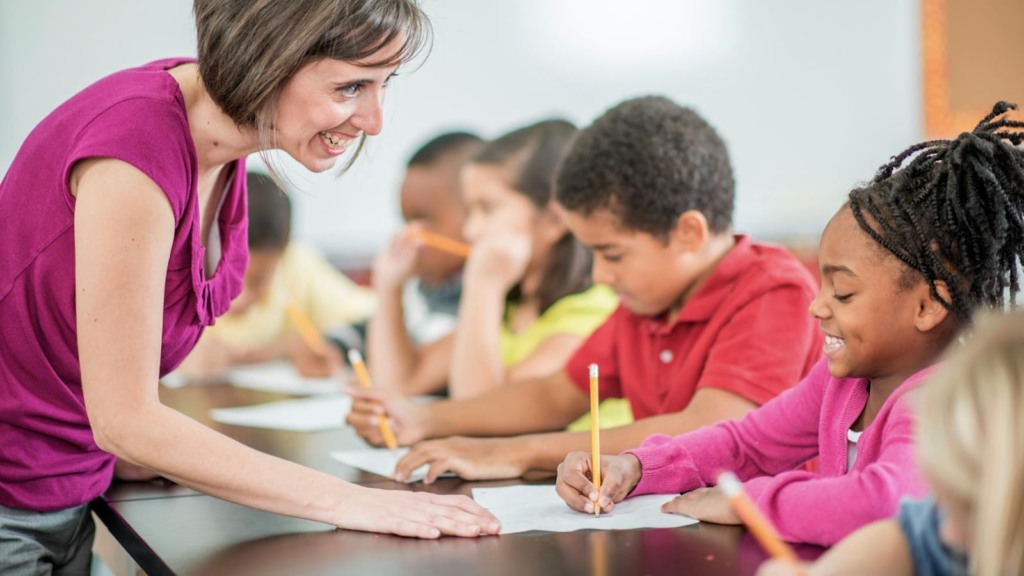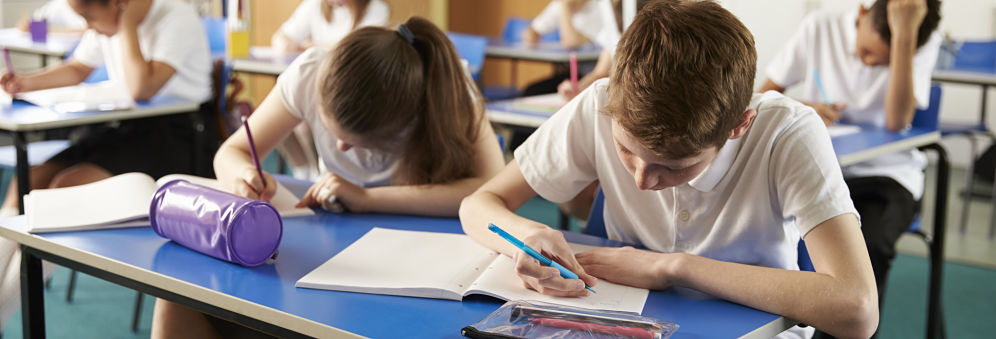In today’s rapidly evolving world, education plays a crucial role in shaping the future of individuals and societies. The aim of education is not only to impart knowledge but also to enhance the learning progress of students. This article explores various strategies and approaches that can be employed to promote and maximize learning progress in education.
Table of Contents
Creating an Engaging Learning Environment

A conducive learning environment is essential for fostering learning progress. Teachers should create an engaging and interactive atmosphere that stimulates students’ curiosity and encourages active participation. Incorporating multimedia, hands-on activities, and real-world examples can make the learning experience more enjoyable and meaningful. By catering to different learning styles and preferences, educators can ensure that all students are actively involved in the learning process. This approach helps to sustain their interest and motivation, ultimately enhancing their learning progress.
Personalized Learning Approaches
Recognizing that each student has unique learning needs and abilities, personalized learning approaches can greatly enhance learning progress. By tailoring instruction to individual students, educators can address their strengths, weaknesses, and learning styles effectively. Technology can play a pivotal role in implementing personalized learning, providing adaptive learning platforms, intelligent tutoring systems, and data-driven insights. This approach allows students to learn at their own pace, receive immediate feedback, and engage in self-directed learning. By aligning teaching methods with students’ individual requirements, personalized learning can significantly boost learning progress.
Effective Assessment and Feedback

Assessment and feedback are crucial components of the learning process. Formative assessments, such as quizzes, projects, and class discussions, help teachers gauge students’ understanding and identify areas for improvement. Timely and constructive feedback allows students to reflect on their performance and make necessary adjustments. Additionally, involving students in self-assessment and peer assessment cultivates metacognitive skills and promotes a deeper understanding of the subject matter. When assessment and feedback are used strategically, they become powerful tools for guiding and accelerating learning progress.
Collaboration and Peer Learning
Collaborative learning environments foster active engagement and promote learning progress. Group projects, discussions, and peer mentoring provide opportunities for students to exchange ideas, clarify concepts, and learn from one another. Collaboration not only enhances students’ social and communication skills but also cultivates critical thinking and problem-solving abilities. By working together, students gain different perspectives, challenge their assumptions, and develop a deeper understanding of the subject matter. Integrating collaborative learning experiences into the curriculum can contribute to improved learning progress and overall academic achievement.
Cultivating Growth Mindset
Developing a growth mindset is essential for enhancing learning progress. A growth mindset is the belief that abilities and intelligence can be developed through effort, practice, and perseverance. When students view challenges as opportunities for growth rather than as obstacles, they become more resilient and motivated to overcome difficulties. Educators can foster a growth mindset by promoting a positive learning culture, providing constructive feedback, and emphasizing the value of effort and persistence. By encouraging students to embrace challenges, learn from failures, and set realistic goals, a growth mindset can significantly impact their learning progress.
Embracing Multicultural Education

In a diverse world, multicultural education is vital for enhancing learning progress. By incorporating diverse perspectives, cultures, and histories into the curriculum, educators can create an inclusive learning environment that fosters understanding and empathy. Exposure to different cultures and viewpoints broadens students’ horizons, challenges stereotypes, and encourages critical thinking. It also prepares them to navigate a globalized society and work effectively in multicultural settings. By promoting cultural competence, educators equip students with the necessary skills to thrive in an increasingly interconnected world while enhancing their learning progress.
Integrating Technology Tools
Technology integration can revolutionize the learning experience and amplify learning progress. Digital tools, such as educational apps, online resources, and virtual simulations, provide interactive and immersive learning opportunities. They can cater to diverse learning styles, facilitate independent exploration, and enable personalized learning pathways. Additionally, technology enables teachers to gather real-time data on students’ performance and tailor instruction accordingly. However, it is essential to strike a balance between traditional and technology-mediated teaching approaches, ensuring that technology serves as an enhancer rather than a replacement for human interaction and critical thinking.
Encouraging Reflective Practice

Encouraging reflective practice is an effective strategy for promoting learning progress. By engaging students in reflective activities, such as journaling, self-assessment, and goal-setting, educators enable them to take ownership of their learning. Reflection allows students to evaluate their strengths, weaknesses, and learning strategies, enabling them to make informed decisions for improvement. Through reflection, students develop metacognitive skills, enhance their self-awareness, and become lifelong learners. Educators can incorporate reflection into the curriculum by providing structured reflection prompts, facilitating meaningful discussions, and guiding students to set realistic goals for continuous learning progress.
Nurturing a Supportive Learning Community
A supportive learning community is vital for students’ learning progress. Creating a safe and inclusive environment where students feel valued and respected promotes positive relationships and enhances their well-being. Peer support programs, mentoring initiatives, and collaborative projects foster a sense of belonging and encourage students to take risks and explore new ideas. Additionally, involving parents and caregivers in the learning process strengthens the home-school connection and provides a comprehensive support system. When students feel supported and connected, they are more likely to engage actively in learning, take intellectual risks, and make significant progress.
Conclusion
Enhancing learning progress in education requires a holistic approach that encompasses various strategies and considerations. By creating an engaging learning environment, employing personalized learning approaches, providing effective assessment and feedback, promoting collaboration, nurturing a growth mindset, embracing multicultural education, integrating technology tools, encouraging reflective practice, and fostering a supportive learning community, educators can empower students to reach their full potential. Each student’s learning journey is unique, and it is the responsibility of educators to create the conditions necessary for continuous progress and lifelong learning. With a focus on enhancing learning progress, we can pave the way for a brighter and more prosperous future.
Learn about: Unlock Limitless Learning with the American College of Education Portal, Empowering Your Educational Journey

